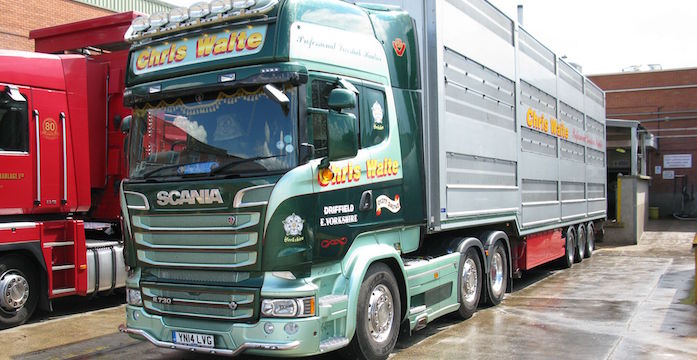The NPA has reassured producers that the introduction of a new traceability system for livestock will not mean a move to individual EID for pigs.
Announcing the new Livestock Information Service this week, Defra said it would identify and track animal movements, initially cattle, sheep, pigs and goats, via electronic IDs. Replacing the eAML2 system, the service will be operational from 2019.
The service has been developed over the past year by Defra in consultation with industry stakeholders, including NPA chief executive Zoe Davies, through a partnership called the Traceability Design User Group (TDUG). It will help create and develop the new service.
Dr Davies and other stakeholders have received a number of queries from producers since the announcement about whether the new system will impose individual electronic identification on the pig sector.
She said: “I would like to reassure members that EID will not be required when the new system comes in.
“The NPA and the British Pig Association (BPA) have been heavily involved in the TDUG and we have been clear producers should not have individual ID imposed upon them. There might be parts of industry that choose to go that way, but this should not be forced on producers who do not want to go down that route.
“The eAML2 system isn’t perfect, but it is now well established and understood. We have stated all along that any new multi-species system must not be a retrograde step or impact negatively on the way that pig movements are currently reported.”
The new system will be implemented in cattle first, then sheep, followed by pigs, so the pig industry has an opportunity to ensure a good outcome for it, she said.




